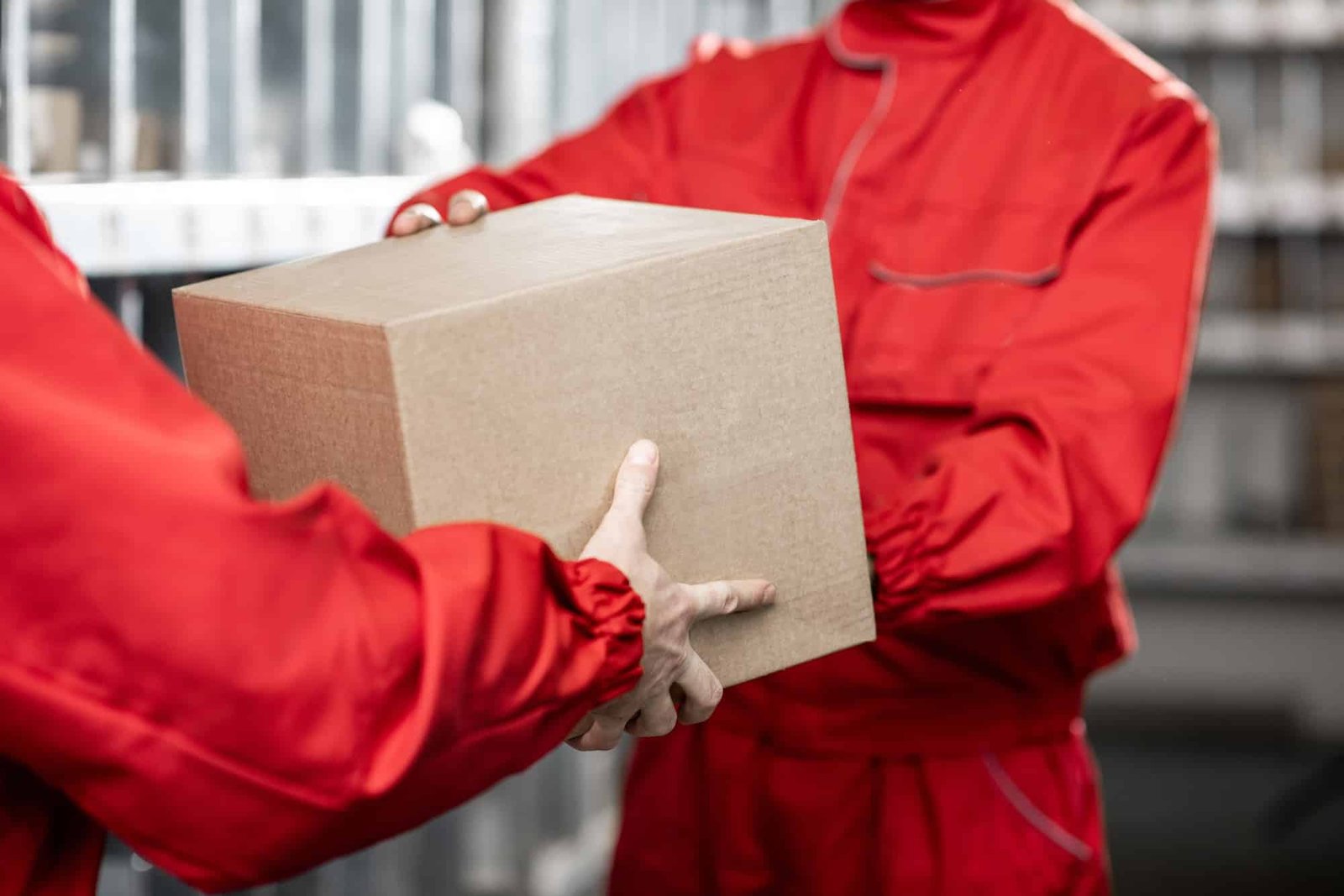Selecting the right adhesive for double sided tissue tape is critical for ensuring optimal performance across various industrial applications. In Africa, the climate (characterized by high temperatures and humidity in many regions) and the diversity of application environments demand a careful evaluation of adhesive options. This guide details the advantages, limitations, and applications of Hot Melt, Water-Based Acrylic, and Solvent-Based Acrylic adhesives to help African buyers and engineers make informed choices.
1. Hot Melt Adhesive: Quick Bonding and Cost Efficiency
Hot melt adhesives are commonly used for their high initial tack and affordability. This adhesive type provides immediate bonding, making it a favorite for fast-paced applications in industries such as packaging and crafting.
Advantages of Hot Melt Adhesive
• High Initial Tack: Ensures immediate bonding, especially on smooth surfaces like plastic, paper, and lightweight metals.
• Cost-Effective: Affordable and well-suited for high-speed, large-scale manufacturing processes.
• Ease of Use: Requires no additional curing time, which speeds up operations.
Limitations of Hot Melt Adhesive
• Temperature Sensitivity: Hot melt adhesives can soften or lose adhesion in high-temperature environments (above 50–70°C), which is common in some African regions.
• Short-Term Durability: They may degrade over time, making them less suitable for long-term applications.
• Limited Environmental Resistance: Hot melt adhesives are less resistant to moisture and chemicals compared to other adhesive types.
Best Applications for Hot Melt Adhesive in Africa
• Packaging: Sealing cartons and attaching labels in e-commerce or retail industries.
• Crafting and Printing: Quick bonding for lightweight materials like posters, brochures, or crafts.
• Temporary Bonds: Ideal for non-critical applications or where removal is needed later.
Recommendation
Use hot melt adhesive in controlled indoor environments where high temperatures and humidity are not a concern. Industries like printing and e-commerce can benefit significantly from its quick application and cost-effectiveness.
2. Water-Based Acrylic Adhesive: Durable and Moisture Resistant
Water-based acrylic adhesives are known for their durability and resistance to moisture, making them highly suitable for Africa’s humid regions. They provide long-term bonding on various surfaces and maintain adhesion even in challenging environments.
Advantages of Water-Based Acrylic Adhesive
• Moisture Resistance: Performs exceptionally well in humid climates, ensuring stable adhesion in high-humidity African regions.
• Long-Term Durability: Offers excellent longevity, maintaining its bond strength over time.
• Versatility: Bonds effectively to a wide range of surfaces, including wood, glass, fabric, and metal.
• Eco-Friendly Option: Generally considered more environmentally friendly compared to solvent-based adhesives.
Limitations of Water-Based Acrylic Adhesive
• Temperature Tolerance: While resistant to moisture, this adhesive may not perform optimally in extreme heat (above 120°C).
• Chemical Sensitivity: Less resistant to harsh chemicals compared to solvent-based acrylic adhesives.
Best Applications for Water-Based Acrylic Adhesive in Africa
• Construction: Mounting decorative elements or laminating surfaces in homes and offices.
• Furniture Assembly: Bonding wood, fabric, and cork materials.
• Packaging: Long-term sealing of products requiring durability and clean bonding.
Recommendation
Choose water-based acrylic adhesive for projects requiring long-lasting, moisture-resistant bonds in regions with tropical climates. It is ideal for industries like construction, furniture manufacturing, and packaging.
3. Solvent-Based Acrylic Adhesive: High Performance for Harsh Environments
Solvent-based acrylic adhesives provide superior resistance to heat, chemicals, and heavy-duty applications. This makes them indispensable for industries requiring high-performance adhesives in extreme conditions.
Advantages of Solvent-Based Acrylic Adhesive
• High Temperature Resistance: Can withstand temperatures up to 180°C, ideal for Africa’s hotter regions or outdoor applications.
• Chemical Resistance: Maintains adhesion in chemically active environments, including exposure to oils, solvents, and other harsh substances.
• Strong Permanent Bond: Offers long-term reliability, especially on rough or textured surfaces like concrete, metal, and composites.
Limitations of Solvent-Based Acrylic Adhesive
• Higher Cost: Generally more expensive due to its enhanced performance capabilities.
• Environmental Concerns: Contains solvents that may not be eco-friendly, requiring careful disposal.
• Application Complexity: Requires careful handling and preparation for optimal results.
Best Applications for Solvent-Based Acrylic Adhesive in Africa
• Automotive Industry: Fixing components in vehicles where heat and vibration are constant factors.
• Electronics: Securing parts in electronic devices exposed to temperature variations or chemicals.
• Construction: Outdoor installations, including attaching heavy-duty materials or sealing in chemically active environments.
Recommendation
Opt for solvent-based acrylic adhesive in high-temperature or chemically active environments where durability and reliability are critical. Industries like automotive, electronics, and heavy construction can leverage its superior performance.
Adhesive Type Comparison: At a Glance
| Adhesive Type | Advantages | Limitations | Best Applications |
|---|---|---|---|
| Hot Melt | Quick bonding, cost-effective, ideal for smooth surfaces | Sensitive to heat, short-term durability | Packaging, printing, crafting |
| Water-Based Acrylic | Moisture-resistant, durable, versatile | Limited chemical resistance, moderate temperature tolerance | Construction, furniture, long-term packaging |
| Solvent-Based Acrylic | High temperature and chemical resistance, strong bond | Higher cost, less eco-friendly | Automotive, electronics, heavy-duty construction |
General Tips for Adhesive Selection
1. Understand Application Requirements: Identify material types, weight, and exposure conditions such as heat, humidity, or chemicals.
2. Test Before Use: Conduct small-scale adhesion tests to ensure compatibility with intended surfaces.
3. Balance Cost and Performance: Evaluate whether high-performance adhesives like solvent-based options are necessary for the project’s demands.
4. Consult Experts: Seek advice from reliable suppliers like TapeSeven for tailored adhesive solutions.
Why Choose TapeSeven for Double Sided Tissue Tape?
TapeSeven specializes in high-quality double coated tissue tape, offering customizable options to meet the unique needs of African buyers. With adhesives tailored for diverse conditions, we ensure optimal performance, durability, and cost-efficiency.
Make the right choice for your business with TapeSeven’s range of double sided tissue tape—designed to meet the challenges of Africa’s industrial environments.






